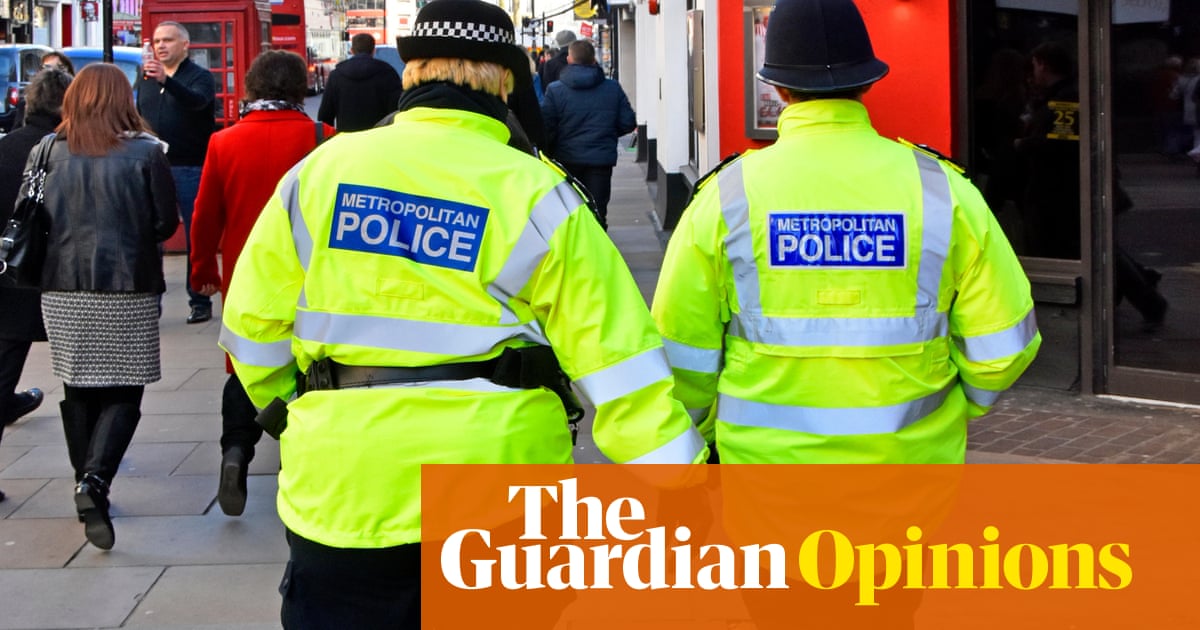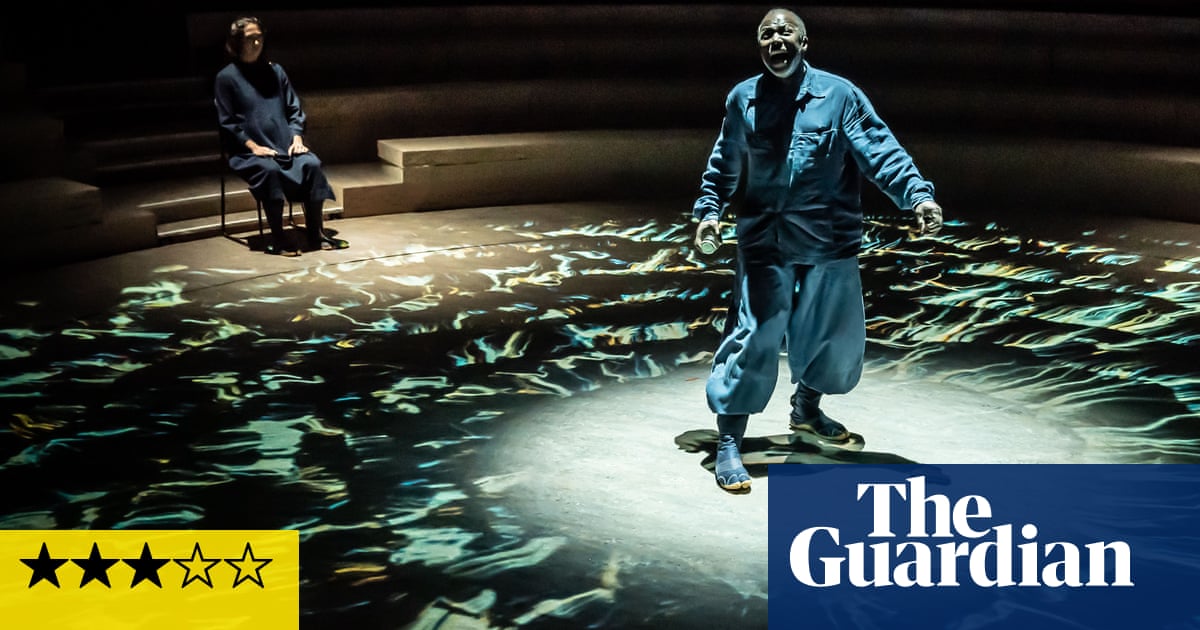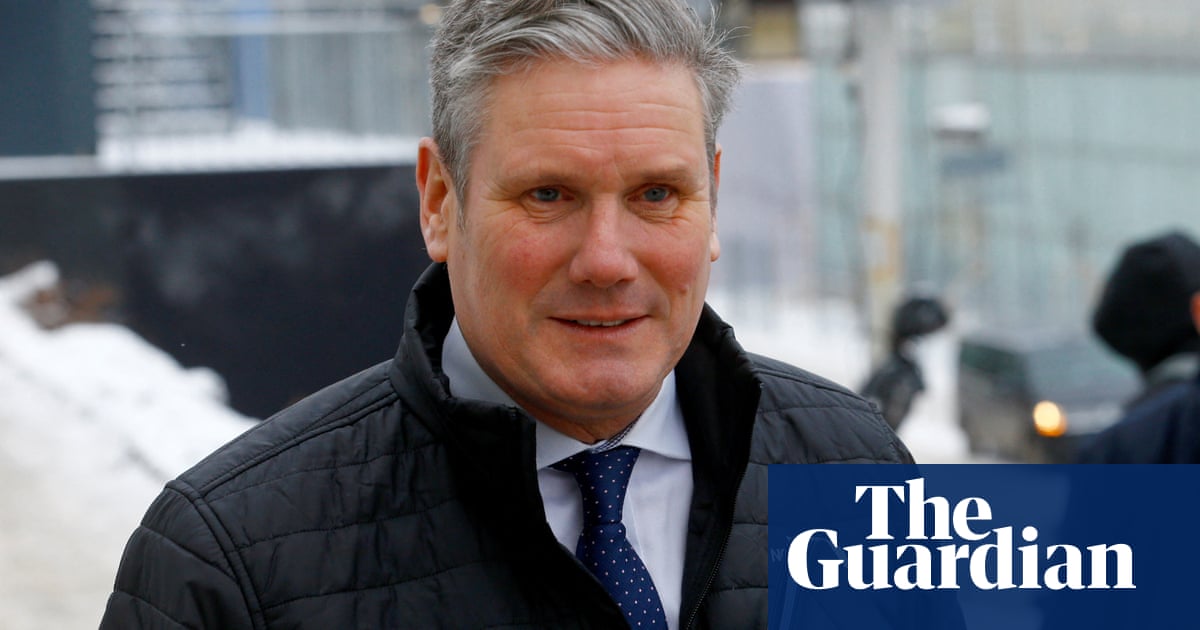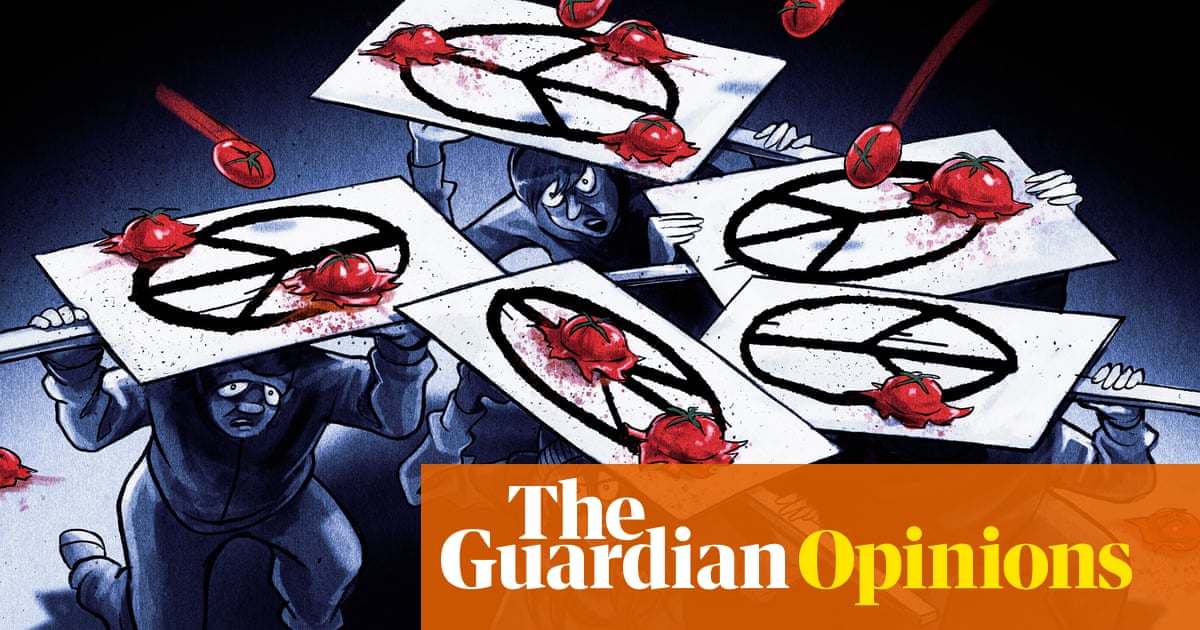
“Iam not in the business of individual blame. So if people are looking for a report that tries to make scapegoats of individuals you won’t find that.” So said Louise Casey of her comprehensive report into the events in and around the Euro 2020 final at Wembley Stadium on 11 July. “There were collective failures that I identify and were clear. There are also mitigating factors that I describe in the report, in hindsight, as a ‘perfect storm’ that made that final so difficult to manage.”
As the 129 pages are picked over, it seems unlikely Lady Casey’s words will stop people looking to hold someone responsible. The whole experience, which she describes as a “national shame”, was so repellent as to almost necessitate closure; in case it becomes even more troubling on reflection. Perhaps the case for blame is stronger than Casey believes, too.
In the firing line are two main parties: the Football Association and the Metropolitan police. The latter is the deserved object of extreme public scepticism after the murder of Sarah Everard and the former is constantly at the centre of some kind of storm in its role as football’s governing body. Between them they were unable to summon enough resources to prevent tens of thousands of people engaging in public disorder around the final between England and Italy and at least 2,000 from gaining entry without a ticket.
The Met deployed 553 officers, more than double the number used at a Premier League derby. The problem was they were not deployed until 3pm and crowds had gathered from nine that morning.
The FA insists it had never recruited more stewards for a match. Not only were they lacking in experience – Casey found – but also authority. The main entrance area, Olympic Way, is owned by the property group Quintain. Discussions over how to manage it involved six parties, including the developer. Casey concluded no one was deemed responsible for safety.
These are just two problems not anticipated. Perhaps only hindsight makes them appear as such, but it is surely also feasible to argue that they were within the realms of possibility and should at least have been included in a discussion that began: “What if …?”
It’s not as if there weren’t auguries that “unprecedented” events could be possible on Euros Sunday. The Casey report observes: “The warning signs were there.” It chronicles the concerns of Brent council’s chief executive, Carolyn Downs, who noted increasing scenes of public disorder as the Euros progressed. Ticketless fans had tailgated their way into the semi-final against Denmark.
When asked why the FA had not been ready, its CEO, Mark Bullingham, said: “We planned for this event in a bigger way than any event that’s ever been held at Wembley. We absolutely had more stewards, we had more security. What the review said is that rather than planning for it as an incremental event and learning lessons from previous events at Wembley, you’ve got to step back and almost view these events as a completely different nature.”
That argument may not convince but is hard also not to have sympathy for those who had to deal that day with hordes of people determined on delivering chaos. As Casey puts it: “I don’t think there were any warning signs that people were going to attack emergency fire doors with their bare hands.” Her review lays bare other underlying causes, too.
The first is a sense of desperation, of young men wanting to see a game they thought would be one of the defining moments of their life. This after a year of Covid restrictions which had seen the young deprived of their freedoms to protect the health of their elders. Second, the government forbade fan zones because of the infection risk, before volubly advertising the abandonment of all restrictions eight days after the final.
Then there was the cocaine: 45% of ticketed fans surveyed said they had seen someone snorting drugs at Wembley that day. Casey argued that cocaine was a major factor in the trouble, enabling the offenders’ persistence. “If it had only been alcohol I’m not sure if people could have sustained themselves for that period,” she said. Finally, the “hollowing out” of police resources over the past decade means invaders knew the chances of being stopped were limited.
In Casey’s mind the people to blame are the perpetrators, and the former New Labour asbo tsar wants a collection of stronger punishments to meet such offences as tailgating. What she also wants is a “sea change” in attitudes that confronts loutishness “head on”. She has asked the FA to lead that campaign, which means it is likely to end at the door of the one group of people who have no complicity in these events: Gareth Southgate and the inspirational young men of his England team.












